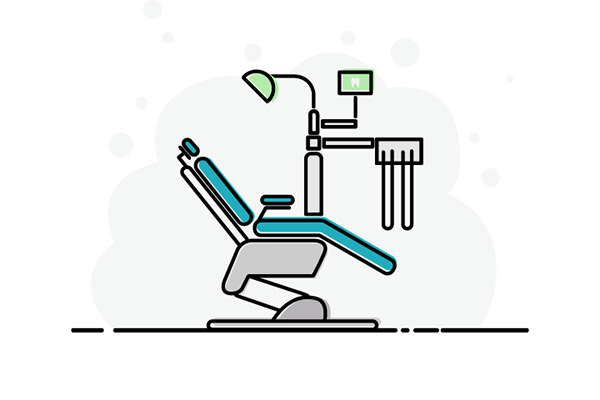 Finding out that you need a root canal does not have to be terrible news. In truth, tales of discomfort from root canals are highly exaggerated. Many find them no more uncomfortable than having a cavity filled. Preparation can also make the whole procedure (and recovery process) go more smoothly. Check out our tips to help you prepare for your root canal procedure.
Finding out that you need a root canal does not have to be terrible news. In truth, tales of discomfort from root canals are highly exaggerated. Many find them no more uncomfortable than having a cavity filled. Preparation can also make the whole procedure (and recovery process) go more smoothly. Check out our tips to help you prepare for your root canal procedure.
How to prepare for a root canal
Get enough sleep the night before
Not getting enough sleep before a root canal can make the lead-up to the procedure more difficult. For example, sleep deprivation may increase anxiety about the procedure. It could also impact the efficacy of anesthesia (patients may be put to sleep for a root canal, although conscious sedation may also be an option). On the other hand, being well-rested better prepares the body for the procedure and sets the patient up for an easier recovery. After all, the body heals during sleep.
Do not use alcohol or tobacco for at least 24 hours
Similar to not getting enough sleep, drinking alcohol and using tobacco can complicate root canals and prolong the recovery period. Both of these substances can slow down healing. Other factors could also get in the way of oral surgery, such as how alcohol and tobacco decrease salivation production, influence the nervous system, and alter blood flow and heart rate.
Consider taking a pain reliever
Ask the dentist whether taking a form of pain reliever medication before a root canal could make the procedure easier on the patient. This option can be beneficial when inflamed gum tissue surrounds the affected tooth. However, do not take a pain reliever without consulting the dentist first. For some patients, taking any medication before anesthesia may not be recommended.
Eat before the root canal
It can help to eat a nourishing meal before getting a root canal. The anesthesia (and any pain or discomfort once it wears off) will make eating difficult in the hours after the procedure. According to postoperative guidelines, eating before a root canal reduces the chances of feeling hungry soon after the procedure. Dentists recommend eating only soft, bland foods — such as applesauce, yogurt, and non-spicy soups — for the first few days.
Prepare for the recovery period
Patients put under anesthesia for a root canal should not drive themselves home. Instead, arrange for a trusted friend or family member to transport the patient. Ask if this loved one would be willing to stay home with the patient at least until the effects of anesthesia subside.
Running errands or doing chores immediately after oral surgery is not recommended. Therefore, it can help to have the home ready for when the patient gets home. Keep soft foods and over-the-counter (OTC) pain medication on hand. Acetaminophen or ibuprofen should suffice. Have a comfy place ready for the patient to rest for the next 24 to 48 hours.
Call for more information
Oral surgery can be stressful. However, taking time to prepare for it can help reduce this stress. To learn more about proper planning and preparation for root canals, call our office today.
Request an appointment or call Cumming's Family Dentist at 770-280-8723 for an appointment in our Cumming office.
Related Posts
Tooth infections are something that no one wants, but the only way to deal with them properly is with root canals. Most people hear the term root canal, and they start to cringe. This is because we have been led to believe root canals are one of the worst procedures to have done at the…
Following a root canal, patients must restore the tooth to ensure it is fully functional. Dental crowns are the most commonly used dental restoration after these procedures. Their full coverage and natural appearance make for a well-rounded restoration that blends in with the rest of the smile. Read on to learn more about crowns and…
Are you missing a tooth or multiple teeth? Dental implants could be the ideal solution to restore your smile and help you regain confidence. This restorative procedure is a popular and effective long-term option for replacing missing teeth. With this detailed step-by-step guide, you will learn everything you need to know about dental implants, from…
